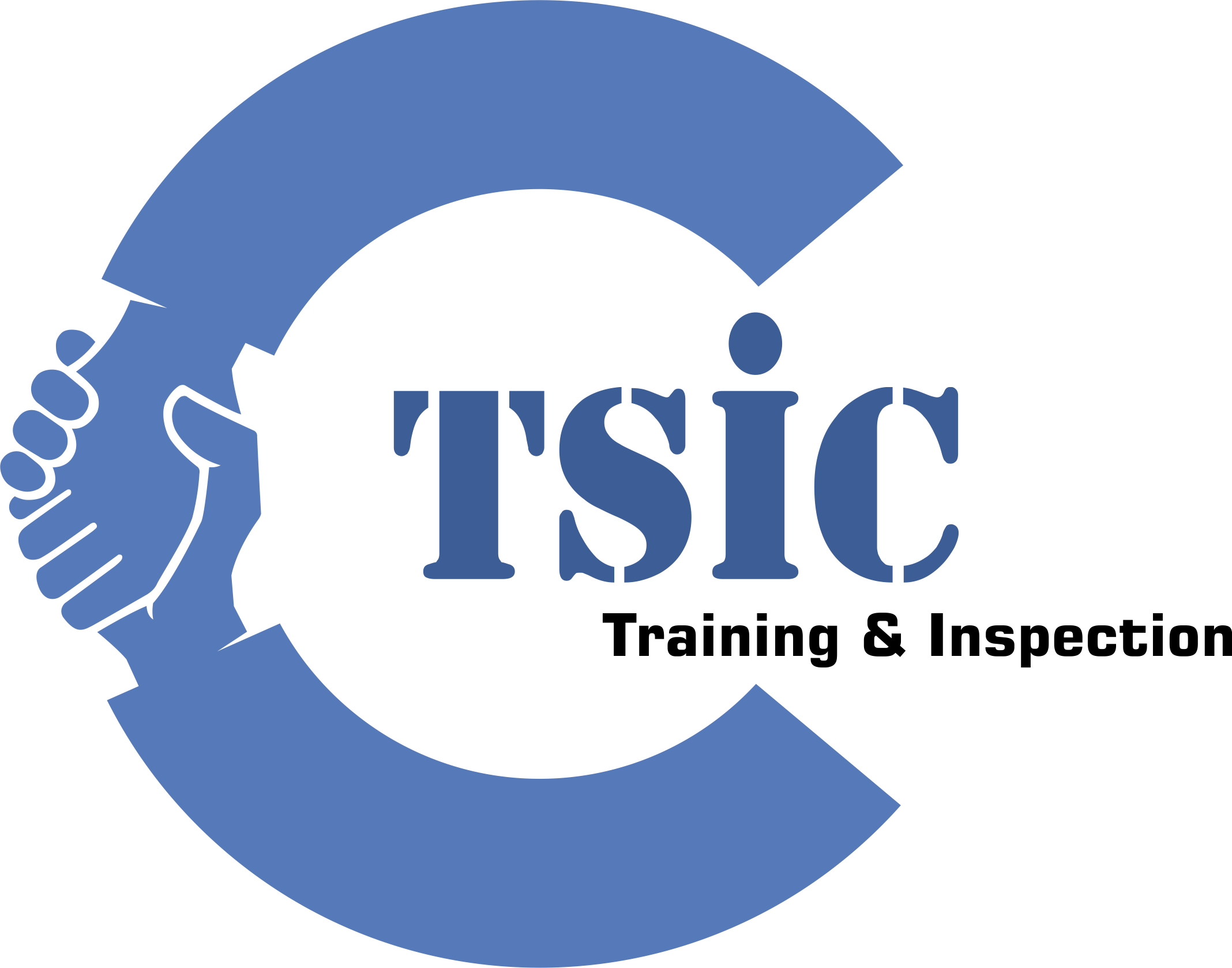
Deferred Revenue is when a client pays you ahead of you delivering a service. For example, if you charge a client’s credit card for a 12-month subscription, contracts – you just got 12 months of cash from that client! But you owe them the subscription, so Deferred Revenue gets added to your balance sheet as a liability. The offset to this on your balance sheet is cash – so you’ll have more cash flow than your income statement would “predict.” Not a bad problem to have… Watch our deferred revenue video here.
It doesn’t involve a lot of analytical work, in contrast to accounting, which focuses more on the in-depth financial evaluation of the business. Most accounting systems cater to basic accounting needs, such as tracking spending and expenses, billing, accounts receivable, and so on. Of the many accounting software options on the market, each one has its benefits and drawbacks based on your business size, number of employees and other needs. The income statement, also referred to as the Profit & Loss or P&L statement (as illustrated in CFI’s example above), is arguably the most important financial statement.
Reminder That VCs & M&A Acquirers Want GAAP
Available to answer questions, available to update numbers as new data is produced, available to set up the right systems for a high growth company. Payroll taxes are taxes that ALL companies with payroll pay – even money losing, early-stage companies. This is a massive tax credit that your company should take advantage of. It’s a good idea to have an accountant/CPA to file your startup’s tax returns and interact with state tax agencies.
However, it is important to note that not all expenses provide the same value. US Bank research confirms that cash flow issues are the number one reason for the closure of almost 82% of small businesses. The failure rate of sole proprietorships is even lower, according to the same study. Some businesses in specific situations might benefit from hiring an accountant early. It might be easy to be put off from tackling accounting during the early days of your business. As mentioned above, one immediate benefit of good accounting is access to valuable financial data.
Analyzing Business Transactions
Offering a competitive benefits package will be the key to drawing in quality talent to staff your startup. Knowing what benefits to offer is an often tricky calculus of weighing competitor offerings, costs to you, and costs to employees. Ensuring you are fully covered in the event of a costly misfortune will make sure that you don’t end up taking a hit to your business that you can’t recover from. Protecting your business from risk is one of the simplest cost aversion strategies out there. Where you might pay a premium for insurance now, it usually does not compare to the cost you would have had were you not able to file a claim.
While you may find accounting or ERP software that manages this for you, you’ll still want the eye of an accountant to confirm that you are always in compliance. Your accountant will know where to find information about the relevant jurisdictions you operate in and keep your system always accurate. If you can find an accountant certified in multiple jurisdictions, even better. First of all, there are many other taxes – such as payroll tax, property tax, sales tax, and excise tax – to worry about.
How the three main financial statements tie together
When making a decision to go with a vendor or service partner, fitting into your budget matters. Kruze Consulting offers a variety of pricing plans to help early-stage companies afford accurate startup accounting services. Startup CEOs and founders don’t have time to proof their books, nor should they have to. You accounting services for startups need to get the information you need to make decisions and to ensure the utmost of financial health. Kruze’s team of professional bookkeepers will work with you to find the financial delivery date that meets your needs. Scaling a startup is hard work – but scaling financial and HR backend systems shouldn’t be.
- No, hiring an accountant isn’t necessary in order to do your finances.
- Get a free Wrike trial to establish a predictable cash flow system, eliminate the guesswork in accounting, and achieve small business success.
- Available to answer questions, available to update numbers as new data is produced, available to set up the right systems for a high growth company.
- Becoming a certified public accountant (CPA) takes years of higher education (150 credit hours) and success in an exam as well as continuing education requirements.
- Though several activities stake their claim on your time, accounting and bookkeeping form a significant chunk of your workload.
Quickbooks Online is another popular online accounting software providing users with the services they need to maintain a financially healthy business. Accounting for startups involves keeping accurate records https://www.bookstime.com/online-bookkeeping of financial transactions and examining your finances to identify opportunities for growth and improvement. You need to ensure that every financial transaction in your business goes into a general ledger.
Do I need an accountant?
Accounting software automates almost every part of your accounting process, saving you time and preventing any errors. You can make journal entries, pay bills, schedule invoices, create financial statements, and so much more. And everything is in one place, only a click away, for you to easily manage and review. This standard is more commonly used than the cash method as it gives you a more realistic version of income and expenses during a specific time period. However, be sure to monitor your cash flow, as not accounting for future income and payables can hurt your business in the long term. Bookkeeping involves tracking financial records such as income, deductions, credits, and expenses on a weekly or monthly basis.
